Rangamati, July 13 (V7N) – A tragic incident unfolded in the Lekyungchara village of Bandukbhanga Union, when 11-year-old Sudipta Chakma, a student of the 6th grade at Bandukbhanga High School, succumbed to malaria after delayed medical treatment. Sudipta passed away at the Rangamati General Hospital on Saturday, despite efforts to treat her.
According to medical sources and local reports, Sudipta had been suffering from illness for the past week. Initially, she was treated by local doctors and some practitioners from the city of Rangamati, who only prescribed medication for cold and fever without conducting proper tests.
It wasn’t until Friday afternoon, when a local NGO worker facilitated a blood test, that malaria was diagnosed. On Saturday morning, Sudipta's condition worsened, and she was rushed to the Rangamati General Hospital. She was immediately admitted and given emergency treatment, but unfortunately, she passed away shortly after her arrival around 10:30 AM.
Dr. Md. Shawkat Akbar Khan, an attending physician at Rangamati General Hospital, said, “We tried to stabilize her condition as soon as she was admitted, but she was brought in at the very last moment. Unfortunately, she passed away while receiving treatment."
Rangamati Civil Surgeon Nuyen Khisa commented on the incident, “This is a tragic case where malaria led to the death of the young girl. Due to the remote location and lack of awareness, she did not receive the appropriate medical care in time. We could not provide the necessary treatment. Since 2016, we’ve been working to eradicate malaria from the region, and this marks the first fatality in nine years.”
The local authorities have expressed concern over the lack of awareness and medical facilities in remote areas of Rangamati, which contributed to the delay in the diagnosis and treatment. The case highlights the ongoing challenges in eradicating malaria in rural and hard-to-reach areas.
In 2016, Rangamati had successfully reduced malaria cases to a near-zero level, but this incident serves as a stark reminder of the vulnerability of isolated regions to preventable diseases.
END/AMR/SMA/



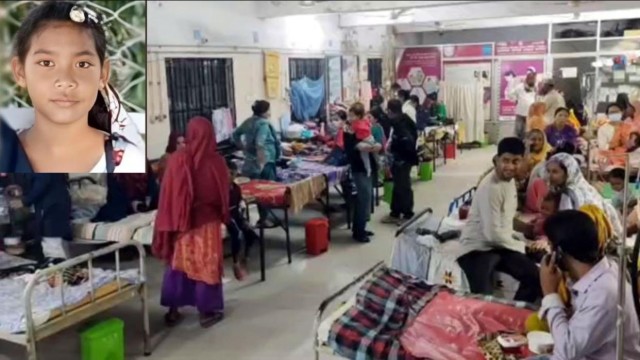
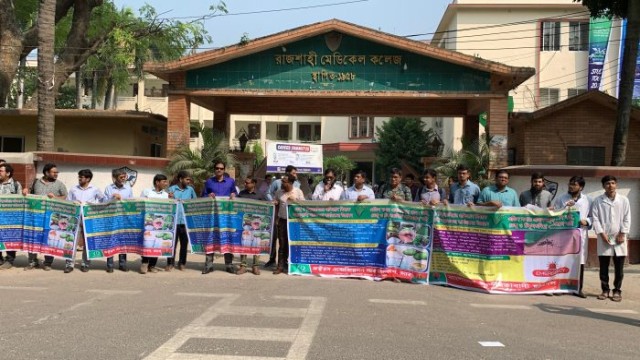
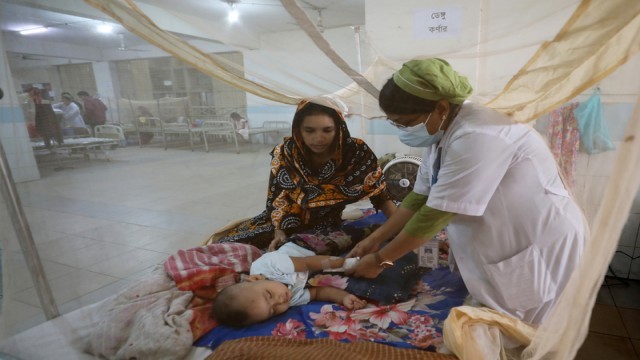
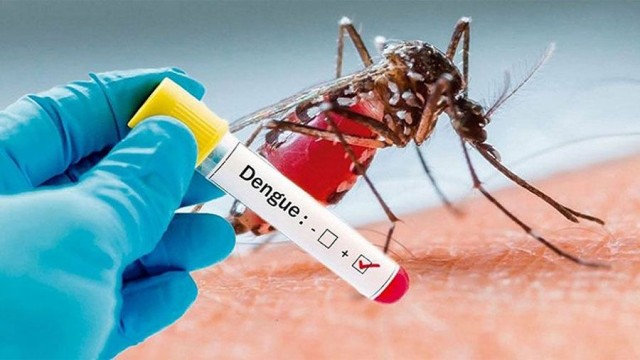
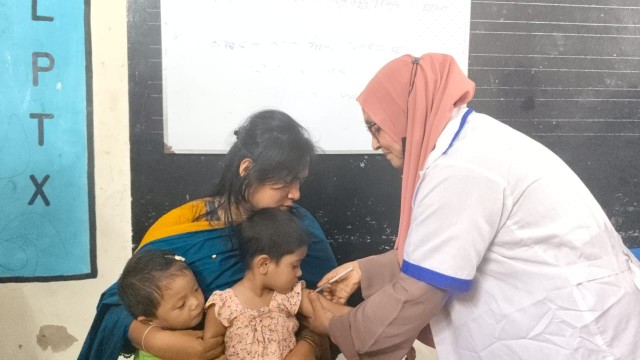

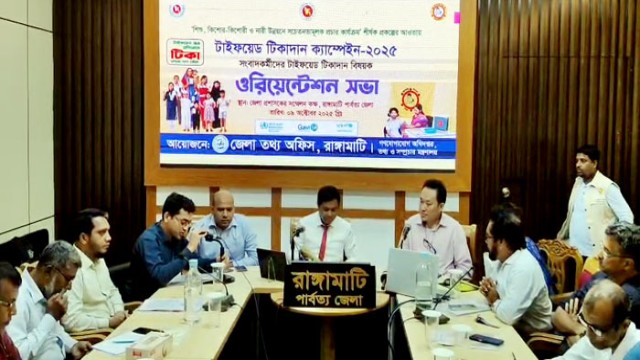
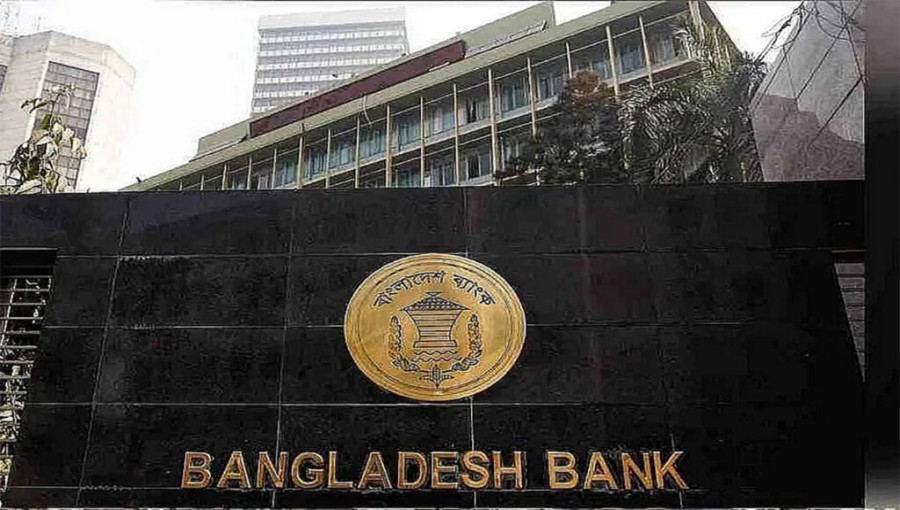
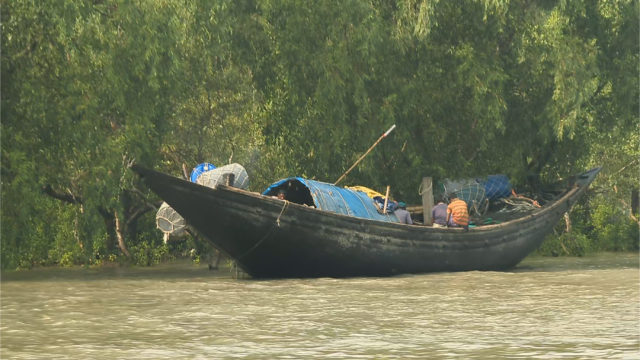
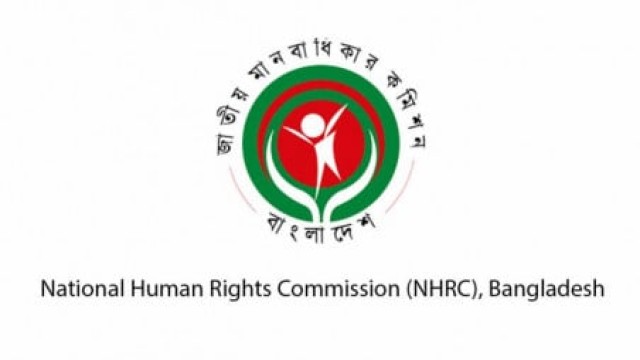

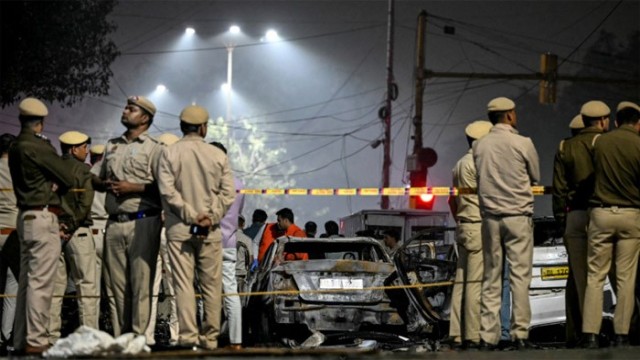

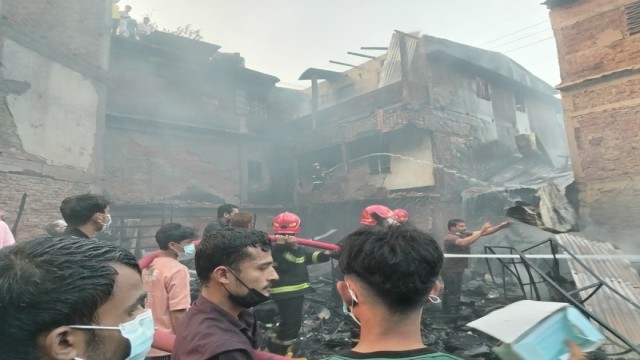
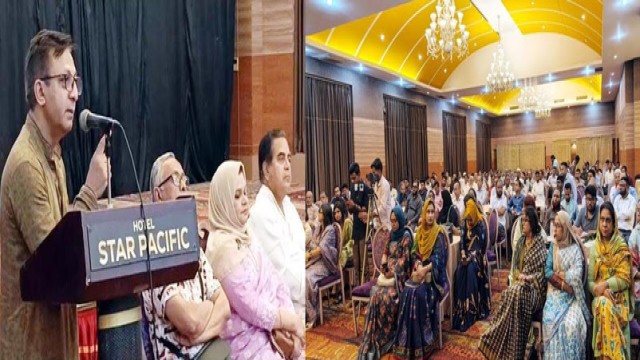
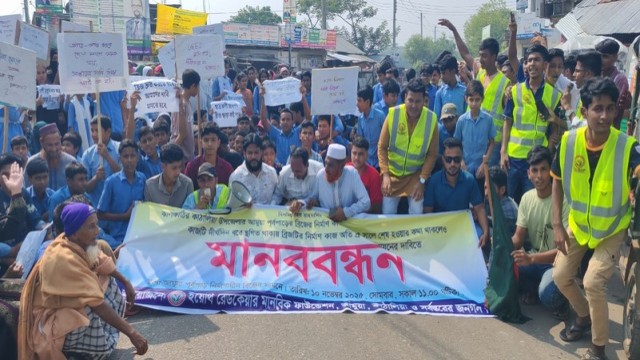
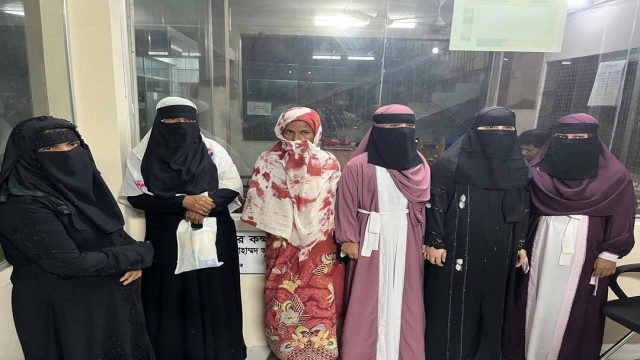





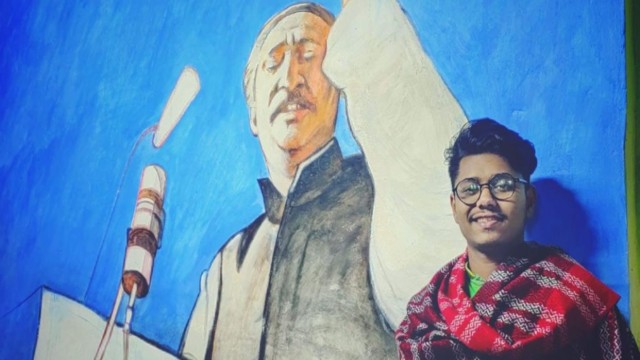





Comment: